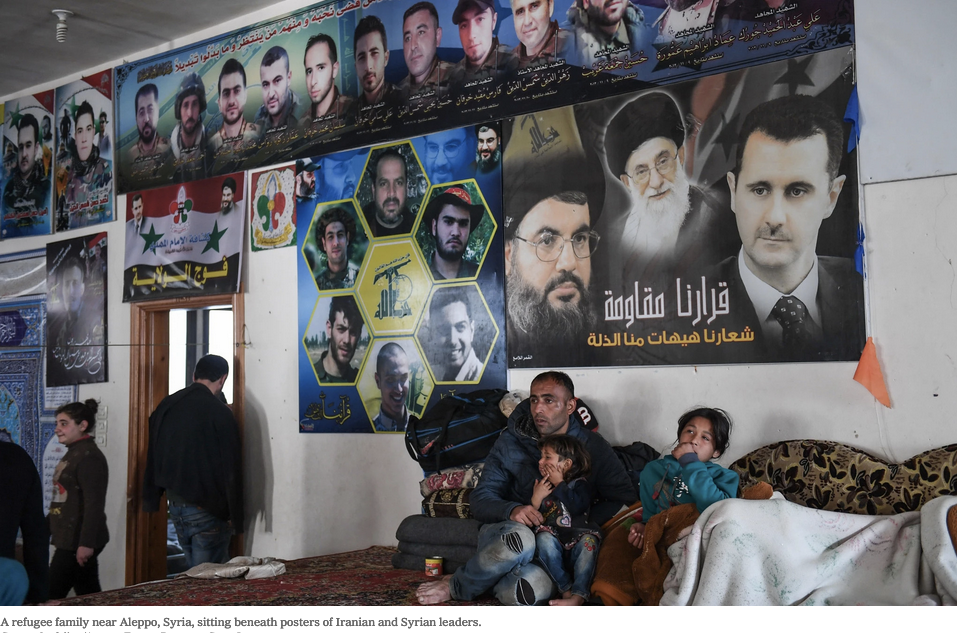It’s been nearly a year since Donald Trump made the decision to withdraw from the Iran nuclear deal, to loud cries that it would bring nothing but woe to the United States and our interests in the Middle East.
So far, the result has been closer to the opposite.
That much was further made clear thanks to excellent reporting this week by The Times’s Ben Hubbard. “Iran’s financial crisis, exacerbated by American sanctions,” he writes from Lebanon, “appears to be undermining its support for militant groups and political allies who bolster Iranian influence in Iraq, Syria, Lebanon and elsewhere.”
Well, heavens to Betsy. When the Obama administration negotiated the nuclear deal, the president acknowledged that sanctions relief for Tehran would inevitably mean more money for groups like Hezbollah. But he also insisted it wouldn’t make much of a difference in terms of Iran’s capacity to make mischief in the Middle East.
Hubbard’s reporting suggests otherwise. Iran can no longer finance civilian projects or credit lines in Syria. Hezbollah fighters and Palestinian militants aren’t being paid, and their families are losing subsidized housing. Even Hezbollah leader Hassan Nasrallah has complained publicly about the effects of U.S. sanctions.




